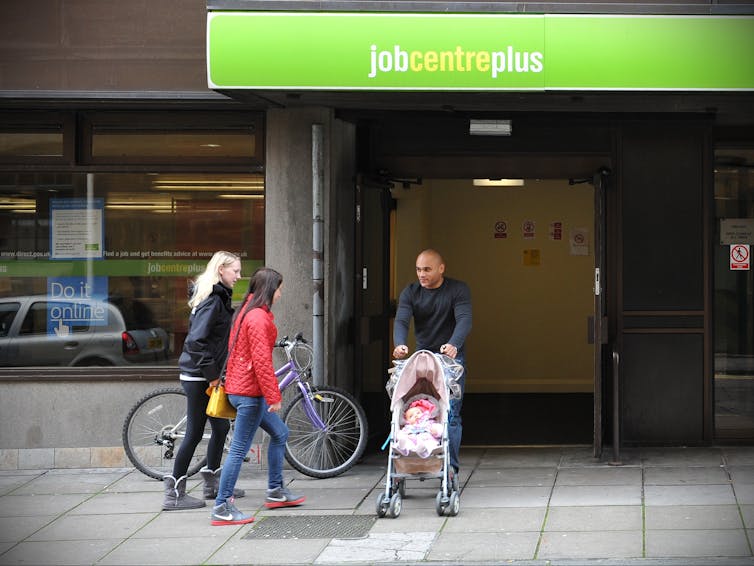The UK unemployment rate rose to 4.3% at the end of March 2024. While this is by no means a worrying unemployment level for the economy, it is the highest since 4.4% in September 2021, the second year of the COVID-19 pandemic.
Higher interest rates, intended to discourage spending and encourage savings, could lead to higher unemployment because it would make it more expensive for banks to borrow money, making it harder for some businesses to raise funds for investment and production. As a result, companies may lay off employees to cut costs.
Luckily, economists have long known the answer to job creation: entrepreneurship. New businesses stimulate the economy with investment and employee pay.
But here’s the catch: higher interest rates than they have for many years means new businesses can’t borrow money as easily, and rising unemployment means less revenue for new businesses to enjoy.
So how do we ensure that there is enough money in the economy for new businesses to thrive and create jobs, even as borrowing costs rise and people are spending less?
The Organisation for Economic Co-operation and Development (OECD) suggests that unemployment benefits are a good way to do this, allowing people who lose their jobs to continue spending and supporting businesses while they search for work.
This is one of the aims of unemployment benefit systems (as well as providing an important humanitarian safety net), but my recent research suggests that unemployment benefits may have a complex relationship with entrepreneurship.
What do we know?
The study analyzed more than 500 European regions between 2008 and 2019 and observed that increased state spending on unemployment benefits tends to reduce business creation rates, even taking into account changes in gross domestic product (GDP), population, business closures, foreign investment and taxes.
Why is this the case? Although it seems counterintuitive, unemployment can act as a catalyst for entrepreneurship. Economists call this necessity-driven entrepreneurship: people lose their jobs and then create their own to avoid unemployment.
Economists argue that generous unemployment benefits may discourage this type of entrepreneurship because they discourage people from starting their own businesses and creating new jobs. Therefore, higher spending on unemployment benefits may lead to lower rates of business creation.
But it’s not that simple: previous research has shown that companies founded as a result of necessity-driven entrepreneurship are more likely to fail.
Typically, new businesses are launched by entrepreneurs who see a gap in the market so clearly they can’t help but exploit it – they give up the security of employment to seize the economic opportunity.
In contrast, a necessity-based business is founded because the owner had no other choice. There may not be a viable financial or passionate motivation associated with the business, which can result in a poorly performing enterprise without a plan or strategy.
Thus, while necessity-based entrepreneurship helps increase the number of firms in the economy, it does not necessarily increase the number of high-performing firms.

1000 words/Shutterstock
In addition, spending on unemployment benefits may be reducing entrepreneurship for other reasons: High spending on unemployment benefits may fund return-to-work schemes as well as unemployment benefit payments, and of course these schemes are expected to make it easier for people to find work than they would otherwise.
This may also eliminate the need for necessity-based entrepreneurship, as the person may be more likely to be employed and find a new job faster.
Either way, this negative correlation between unemployment benefits and entrepreneurship reveals one of the many trade-offs policymakers face when dealing with difficult economic problems.
Unemployment benefits are both an economic and humanitarian necessity: They help maintain consumer demand levels during economic shocks and provide a much-needed safety net for citizens during difficult times.
The fact that an unintended consequence may be a decline in entrepreneurship rates is simply a trade-off that governments need to understand in order to design policy.
Ultimately, governments may be better off pumping money into unemployment benefits and funding back-to-work schemes to get people back into the labour market, rather than exposing people to the risks associated with necessity-based entrepreneurship.
In that case, the negative correlation between unemployment spending and entrepreneurship may not be as damaging to the economy as it first seems.

